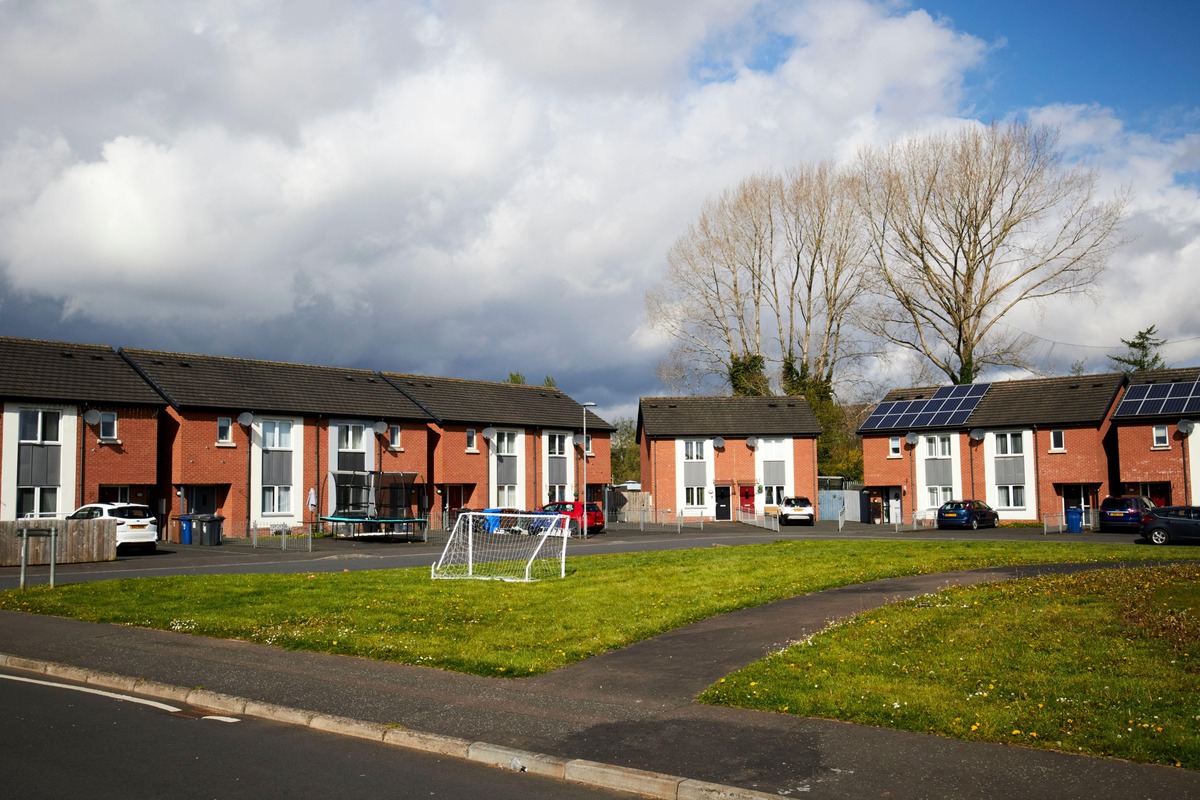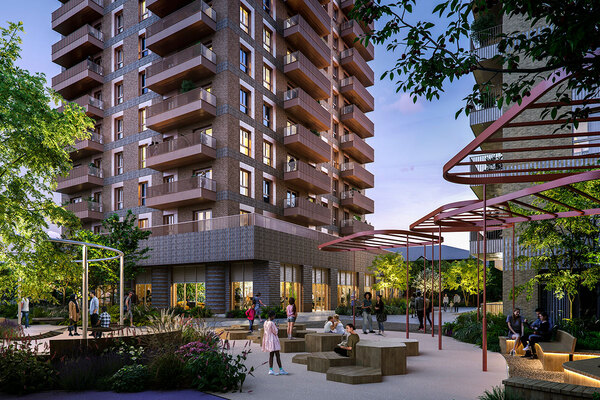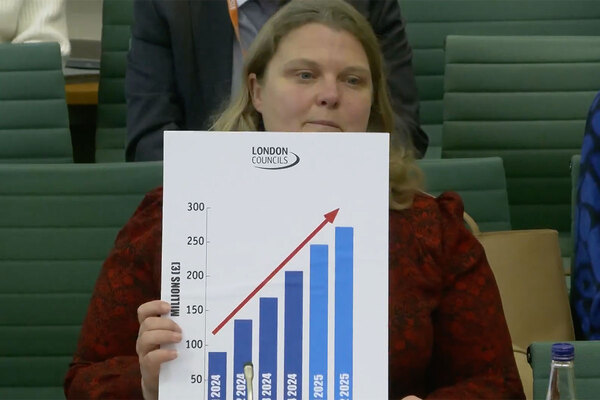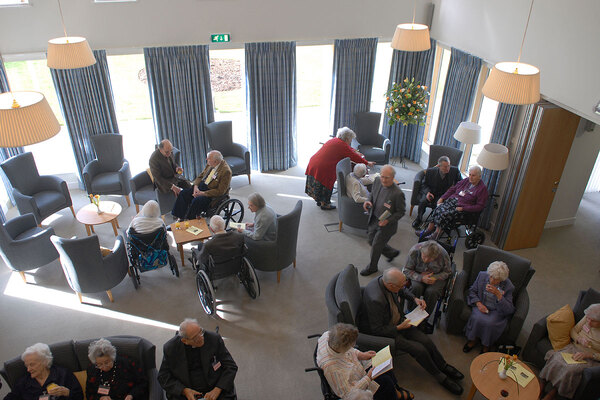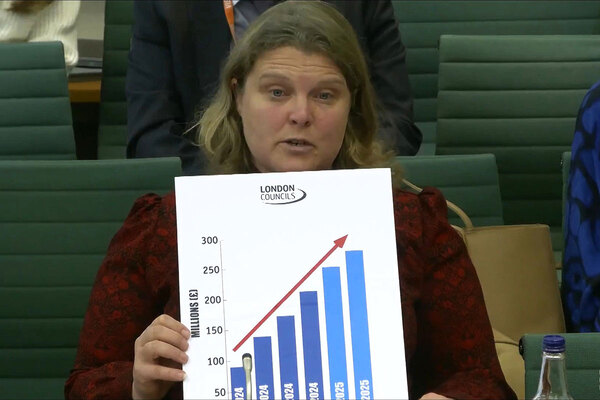
Mark Graham is chief executive of Co-Ownership
Northern Ireland’s housing market is a web of paradoxes
We need to make sure we are thinking through the full butterfly effect of our actions on the housing market, writes Mark Graham
Finding an affordable home in Northern Ireland is challenging. Private rents and house prices both show significant increases since 2020. While the NISRA House Price Index saw a 1.8% decline in Q1 from the previous quarter, prices are still 5% higher than the same period last year, with the average house price in Northern Ireland now £172,000.
Factor in the increasing price of mortgages, escalating fuel bills and the cost of living generally going through the roof, and you have a situation that presents unprecedented difficulty for people to find an affordable home.
This is a big problem, particularly as growing industry evidence argues that homeownership can be a foundation for positive health and well-being. Eighty-two per cent of our customers who contributed to our recent Social Impact Report reported improved mental well-being.
Furthermore, half of those who contributed said they would remain in the rental sector if Co-Ownership was not available in Northern Ireland.
This proves two things: people aspire to own a home and alternative routes to homeownership are desperately needed.
Policymakers and politicians are well aware. And few would argue with the vision in the Housing Supply Strategy developed by the Department for Communities. It reads: “Everybody has access to a good-quality, affordable and sustainable home that is appropriate for their needs and is located within a thriving and inclusive community”.
But achieving this vision will only happen if we manage the paradoxes within the housing system.
“Even if we were achieving the number of new social homes that the Housing Executive estimates we need, which we aren’t, this would not address a decrease in the availability of homes in the private rented sector”
The first paradox is that buying a home must become more affordable to reverse the decline in homeownership experienced by the younger generation, yet for the sake of the economy and current homeowners, we can’t allow house prices to fall.
House price inflation – in the context of the stagnation of people’s incomes since 2008 and the cost of living crisis – means that mortgages are less attainable for many.
We all remember the impact of the 2008 housing crash, which left many people in negative equity and led to less buyer activity as lenders tightened criteria and looked for bigger deposits. No one expects that type of crash now, but the stamp duty holiday introduced during the pandemic was designed to keep housing transactions moving and avoid a slump in prices.
In hindsight (which I appreciate is a wonderful thing), it turned out to be unnecessary, economically very expensive and probably inflationary – but it does shows how important the housing market is to the economy.
Despite various ideas floated by UK government to increase homeownership, there is no big policy initiative that’s going to quickly shift the system to be more favourable towards first-time buyers. There are interesting ideas, such as longer-term fixed rate mortgages, mortgage insurance to protect against negative equity and a more general discussion about using taxation to improve affordability.
This takes us to the second paradox: the implication of using regulatory and fiscal changes to benefit first-time buyers is that this will disadvantage buy-to-rent landlords. Indeed, increasing the proportion of homeowners implicitly means creating a smaller private rent sector.
“We need to think about the whole housing system and we need to ensure that when we act on part of it, we think through the impacts on other parts of the system”
It is a reasonable objective to use legislation and regulation to improve the rights of tenants and the quality of privately rented homes, but in the short-term this may reduce the number of homes available to rent. Landlords may choose to sell up – and if there is a reduction in available properties, rents will go up, which may ultimately increase the levels of housing stress and homelessness.
The other main cause of pressure in the private market is the lack of social homes. Even if we were achieving the number of new social homes that the Housing Executive estimates we need, which we aren’t, this would not address a decrease in the availability of homes in the private rented sector.
We need to think about the whole housing system and we need to ensure that when we act on part of it, we think through the impacts on other parts of the system. We also need to recognise that any strategy to deliver better housing outcomes will take sustained and collaborative effort over many years.
But it’s effort worth making. After all the societal impacts of good-quality, secure and affordable housing are invaluable. And with our organisation supporting around 10% of the first-time buyers’ market year-on-year, we’re committed to the role we can play in this journey.
Mark Graham, chief executive, Co-Ownership
Sign up for our Northern Ireland bulletin
Already have an account? Click here to manage your newsletters
